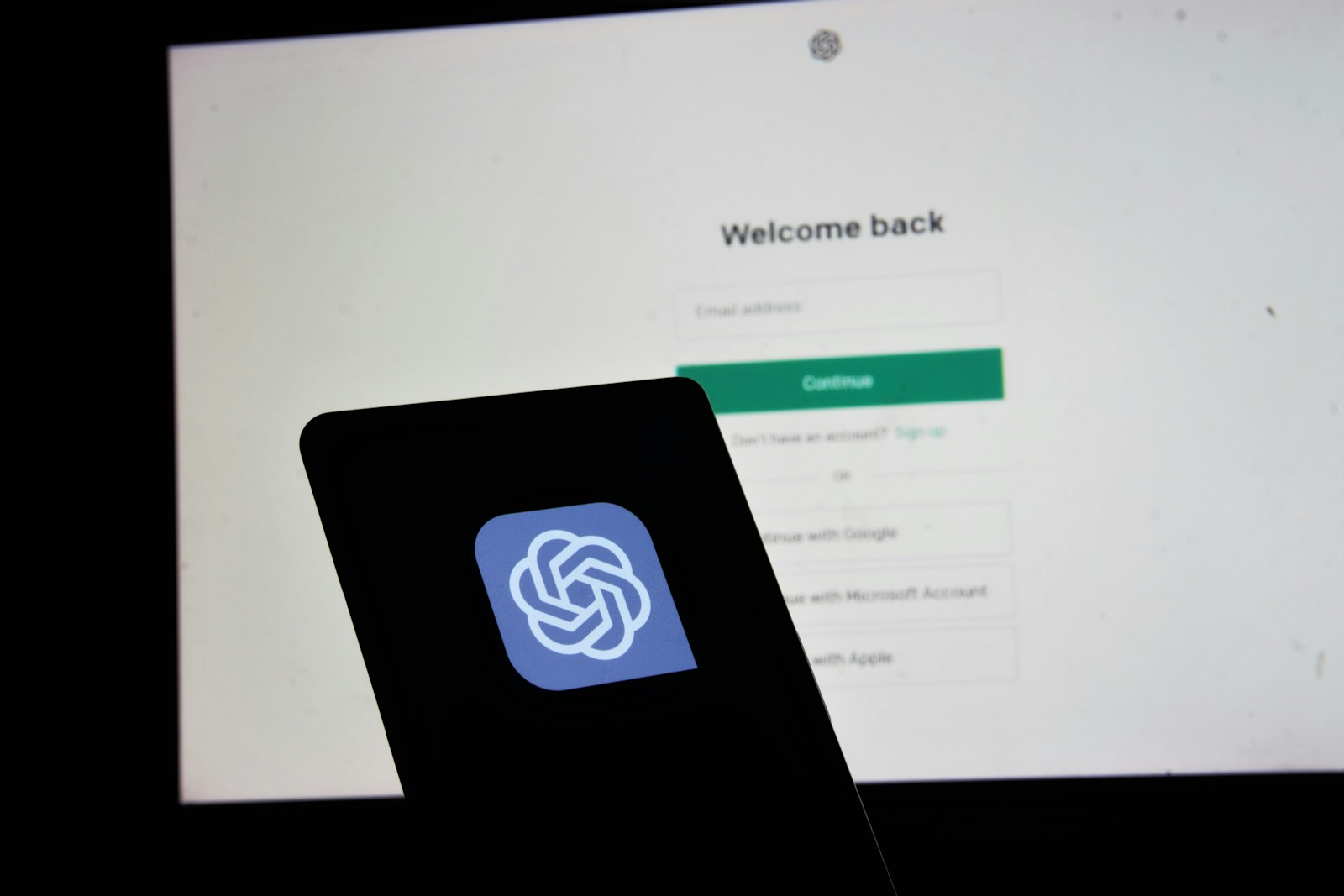Let’s be real, the world we’re about to graduate into looks way different than the one our parents did. Between AI, automation, and the fact that most of us will probably have more than one career in our lifetime, the “traditional” path of landing a stable 9-to-5 right out of college isn’t guaranteed anymore.
As a college student, this should get you thinking. Sitting in class, walking across campus, or hanging out at the Union, it’s hard not to wonder what kind of job market we’ll be stepping into. You’ve probably seen the headlines: “AI taking jobs,” “robots replacing workers,” and so on. It sounds scary, but maybe it’s not all doom and gloom. The truth is, AI is changing the economy in ways we can’t fully predict, but that doesn’t mean we’re powerless.
If anything, now is the time to prepare. So here’s a take on how as college students, you can actually get ready for a future where AI is part of pretty much everything (for better or worse).
First, Know What’s Actually Changing
AI isn’t just about robots building cars in factories anymore. Now we’re talking about algorithms that can write papers, design graphics, analyze medical scans, and even give legal advice (although I’d recommend speaking to an actual attorney). A lot of the stuff people thought was “safe” knowledge work, like accounting, research, or even customer service, is quickly being automated.
According to a 2023 Goldman Sachs report, AI could affect around 300 million jobs globally. That doesn’t mean all those jobs disappear, but it does mean many of them will look different in just a few years. Think less “your job is gone” and more “your job has changed, and you better know how to keep up.”

Double Down on the Human Stuff
Here’s the thing: AI is powerful, but it doesn’t “get” people the way we do. It doesn’t have creativity, empathy, or the ability to connect dots in unexpected ways. That’s where we come in.
As students, we should be developing the skills that machines struggle with:
- Creativity – Whether it’s music, writing, or coming up with a fresh marketing campaign, originality is still a human edge.
- Emotional intelligence – Understanding people’s feelings, being a good teammate, o or leading a group project. Those things matter more than we realize.
- Critical thinking – AI can crunch numbers, but it can’t decide what’s right or ethical.
- Adaptability – When the world changes (and it will), we’re the ones who can pivot and learn new things.
Honestly, some of the best ways to build these skills aren’t even in the classroom. It might be running a student org, working a part-time job where you have to deal with customers, or tackling a group project that forces you to problem-solve under pressure.
And remember that not all jobs want a soulless AI interacting with customers. Take Custom Comet, a company that works with businesses to create custom merchandise. Sean Turner, one of their owners stated, “Our customers wanted to work with real people so we doubled down on hiring graphic designers in the face of others shifting toward automating that process. It’s been incredibly positive for us.”
Think Beyond “Get the Degree, Get the Job”
One of the biggest mindset shifts we need to make is realizing college isn’t just about preparing for one job, it’s about preparing for a lifetime of learning. AI means things will keep changing, and the skills that matter today might be outdated in five years.
So instead of thinking, “My degree locks me into one career,” we should be asking, “How do I stay curious and keep learning new things?”
That means we should start thinking of ourselves as lifelong learners. It’s not about locking ourselves into one narrow career path, it’s about building the confidence to keep learning new things. Taking electives outside of our major, picking up side skills through electives, and saying yes to internships in unfamiliar industries are all ways to stretch ourselves. Even attending a guest lecture on campus or joining a workshop can spark a skill or interest that pays off later.
Most universities are lucky to have resources like career fairs, professors who care about staying current, and programs that encourage exploration across disciplines. The key is to take advantage of them now while you still can.
Get Comfortable With AI Instead of Scared of It
No matter what your major is, you’re going to be working with AI in some capacity. That doesn’t mean you need to become a computer scientist, but you do need to understand the basics.
Start by messing around with the tools. Try out AI programs for writing, design, or data analysis. See what they’re good at and where they fall short. If you’re in business, look at how companies use AI to predict trends. If you’re into healthcare, see how AI is being used for early disease detection. Being at the forefront of this technology might give you the edge when it’s time to nail that big job interview.
Even a little AI literacy will set you apart when you’re applying for jobs. Employers will want graduates who aren’t afraid of the technology but know how to use it wisely.
Don’t Sleep on Soft Skills
For all the talk about technology, it’s important not to overlook the so-called “soft skills.” Communication, teamwork, and leadership are going to become more important, not less. Machines can write reports or crunch numbers, but they can’t lead a meeting, inspire a group, or resolve a disagreement.
College is one of the best places to build these abilities (and not just at the closest house party). Whether it’s joining a student organization, volunteering in the community, or just pushing yourself to speak up more in class, every opportunity to work with others is a chance to grow. Employers constantly emphasize that these are the qualities they have the hardest time teaching, and they’ll be the ones that make candidates stand out in the future.
Think Entrepreneurial (Even if You Don’t Want to Start a Business)
When technology changes the rules, it creates openings for new ideas. AI is already sparking businesses in everything from personalized education to ethical consulting.
That doesn’t mean you have to launch the next big startup out of your dorm room. But having an entrepreneurial mindset, seeing opportunities, being willing to take risks, and problem-solving creatively, will make you more adaptable no matter where you end up working.
If you’re curious, check out an entrepreneurship program if your school offers it. Even if you don’t stick with it, the skills you’ll pick up (pitching, networking, innovating) will help in any career.
Rethink What “Job Security” Means
Our parents and grandparents often worked one job for decades. They got to retire with the gold watch and a pat on the back. That’s not how things work anymore. Job security in our generation doesn’t come from sticking with one employer, it comes from being versatile enough to land on your feet when things change.
That could mean building a portfolio of projects instead of just a resume. Or networking across industries, not just in your major. Even being open to gig work or side hustles that build skills while you figure out your next move.
Instead of asking, “What job will I have forever?”, maybe we should be asking, “How do I stay employable, no matter what happens?”
Keep Ethics in the Picture
Here’s the part that often gets overlooked. Just because AI can do something doesn’t mean it should. There are big questions about bias, privacy, and who benefits from automation.
As future leaders, it’s on us to make sure AI is used responsibly. That’s why classes in ethics, philosophy, or sociology matter just as much as the technical ones (no matter what the boomers tell you). The AI economy isn’t just about who can make the most money, it’s about shaping a future that’s fair and sustainable for all of us.
Wrapping It Up
So yeah, the AI economy is coming fast, and it’s easy to get overwhelmed. But honestly? I think students should be more optimistic than they are. Colleges are fully equipped with access to resources, professors who care, and a campus culture that encourages exploration.
If we focus on building human skills, stay open to lifelong learning, get comfortable with AI instead of avoiding it, and think flexibly about our careers, we’ll be ready. Not just to survive, but to lead.
At the end of the day, the future isn’t about competing with machines. It’s about working alongside them and doing the things only humans can do. And that, if you ask me, is actually kind of exciting.



